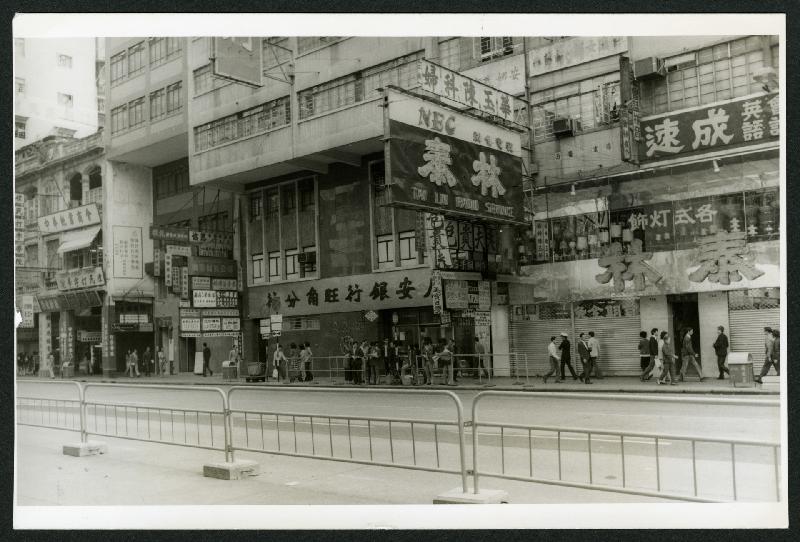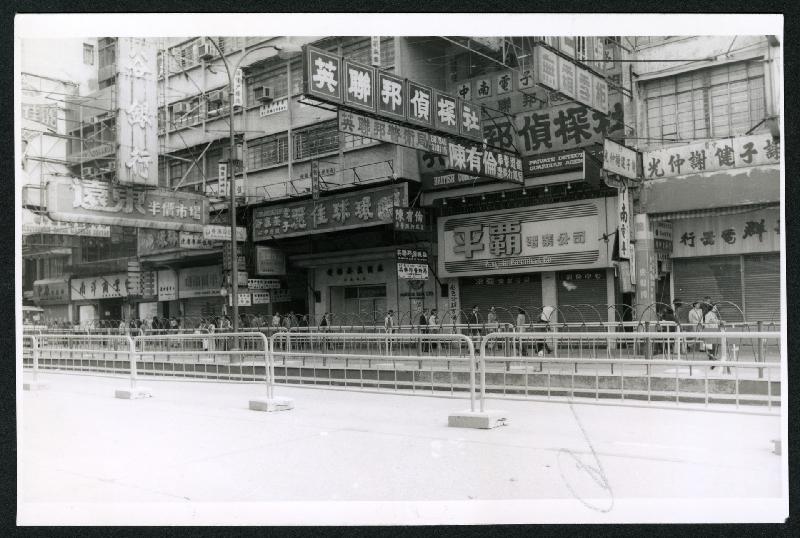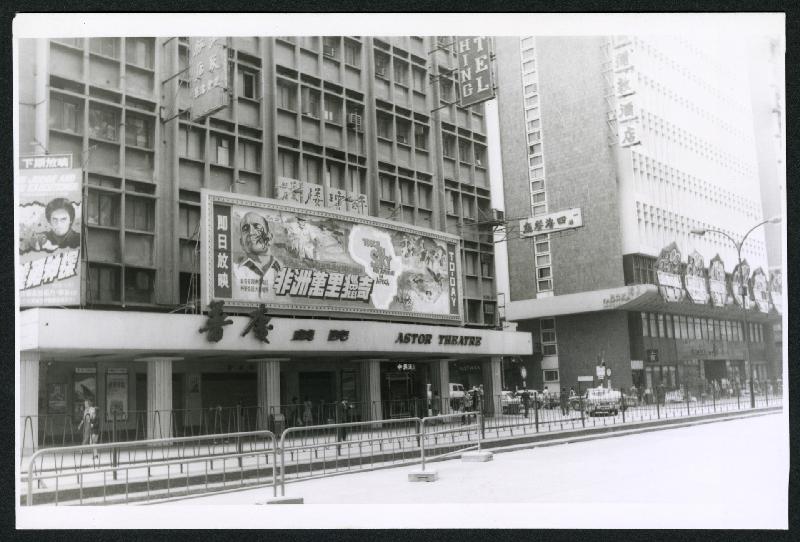A Government spokesman announced today (August 1) that the Working Group on the Promotion of the Charter on External Lighting has been revamped as the Working Group on External Lighting, and the incumbent Chairperson, Ms Caroline Mak, will continue to be appointed as the Chairperson. The new working group will assist the Government to review the effectiveness of the Charter on External Lighting, and advise the Government on more measures to better manage external lighting. The Working Group on External Lighting comprises 17 members from different sectors (see Annex for the membership list). The appointments are effective from today to July 31, 2021.
The Government set up the Task Force on External Lighting in 2011 to advise on the appropriate strategy and measures for tackling nuisance and energy wastage problems caused by external lighting. The Task Force submitted its report to the Government in 2015 to recommend a multi-pronged approach, including the introduction of the Charter. The Government accepted the Task Force's recommendations and set up the working group in the same year to plan and promote the Charter.
The Environment Bureau launched the Charter in 2016 to invite owners of and responsible persons for external lighting installations to switch off during preset times (i.e. 11pm or midnight to 7am on the following day) lighting installations with decorative, promotional or advertising purposes that affect the outdoor environment. With the working group's promotion, the Charter has secured support of over 4 800 participants from sectors including building management, property development, hotels and catering, retail, laundry, banking, telecommunications and real estate agencies, as well as schools, public utilities and public/non-governmental organisations.
The Government earlier agreed with the Task Force's recommendations in its report to review the effectiveness of the Charter two years after implementation. The Government therefore reorganised the existing Working Group on the Promotion of the Charter of External Lighting into the Working Group on External Lighting, and expanded its role to include promotion of the Charter, reviewing its effectiveness and advising the Government on more options to effectively manage external lighting.
The Secretary for the Environment, Mr Wong Kam-sing, thanked the Chairperson and members of the working group for their valuable contributions in the past few years. "Under Ms Mak's sterling leadership, the working group has made tremendous efforts in promoting the Charter. The Government will commence a review on the effectiveness of the Charter this year, and consider the next step with regard to the findings. We will continue to work closely with the revamped working group. With members drawn from professional bodies, relevant trades, academia, green groups and District Councils, the working group will be a good platform to forge stronger community consensus and to provide the Government with comments and recommendations on tackling external lighting, so as to assist the Government to map out a way forward," he said.
Mr Wong thanked the outgoing members, Mr Winston Chow and Mr Philip Kan, for their service and contributions during their tenure.



